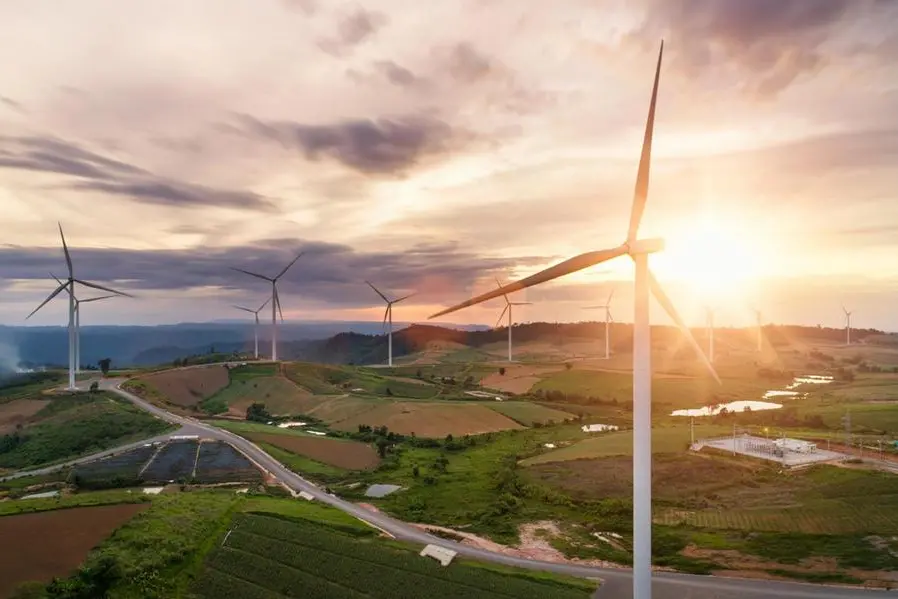PHOTO
Nigeria needs at least $10bn in additional funding per year to reach net zero by 2060 in a plan that would involve gas as a transition fuel, officials said while launching the nation's energy transition plan on Wednesday, 24 August.
The effort aims also to expand power access to all of Nigeria's 200 million citizens by 2030, a move officials said was essential to ensure a fair transition for developing nations.
"As a continent, we must reject proscriptive, one-size-fits-all solutions," environment minister Mohammed Abdullahi said, calling any plan that decarbonised Nigeria without bringing increased access to electricity "unjust and unacceptable".
The plan's twin objectives of decarbonising and lifting citizens out of poverty included using gas for cleaner power generation and cooking, expanding solar power generation and establishing hydrogen and electric vehicle industries.
Nigeria, Africa's largest oil exporter, has slammed global efforts to block funding for all fossil fuels without any carve-outs for gas, which they argue is cleaner, or for the developing world.
Nearly half of Nigerians lack access to power, about 90 million people, and much of the current power generation comes from diesel generators.
Significant external investment needed
Finance minister Zainab Ahmed said access to financing "significantly hindered efforts to find funding for gas infrastructure", and said that Nigeria needed significant external investment and help from the private sector.
"Access to finance remains the biggest challenge to decarbonisation," Ahmed said.
She added that, in total, the nation needed $1.9tn to reach net zero by 2060, including $410bn above projected usual spending.
At the event, the World Bank said it planned to commit $1.5bn, particularly for renewable energy, power sector reforms and clean cooking, while solar company Sun Africa said it was in the final stages of a $1.5bn financing package with the US Exim Bank.
But neither shared specifics on the timeline of those investments, and World Bank country director Shubham Chaudhuri said that "policy and institutional reforms" were a necessary part of the agenda.
All rights reserved. © 2022. Bizcommunity.com Provided by SyndiGate Media Inc. (Syndigate.info).
Libby George Reuters Reuters, the news and media division of Thomson Reuters, is the world's largest multimedia news provider, reaching billions of people worldwide every day. https://www.reuters.com/





















